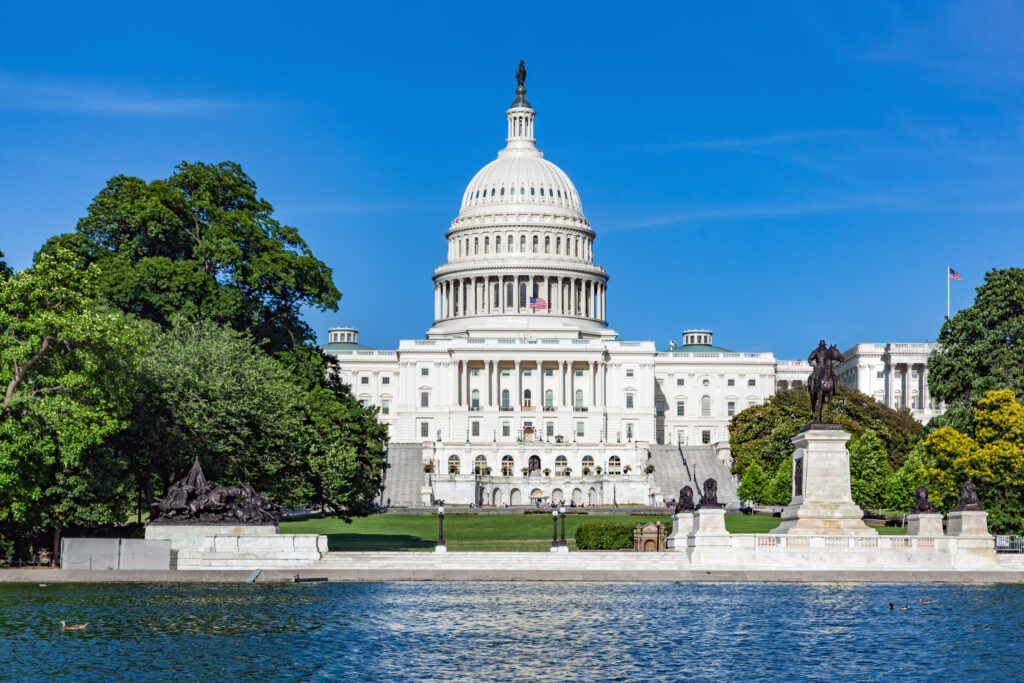A new California law could have national implications.
The California State Legislature recently passed, and Governor Jerry Brown signed into law, SB 1152, mandating that hospitals create special inpatient discharge planning policies and procedures for their homeless patients, to include mandated interventions specific to the homeless.
Will SB 1152 have national implications? Probably – and for the better. The homeless are a population management challenge as great as reducing readmissions for chronic obstructive pulmonary disease (COPD) or congestive heart failure (CHF), but without the funding.
Largely, the law’s demands are met if a hospital carefully adheres to the Medicare Conditions of Participation for inpatient discharge planning. The available legislative guidance closely follows the conditions of participation (CoP), but with additional population requirements.
A quick summary of the law’s unique demands: connecting the homeless person with primary care, if insured; or if not enrolled, working to get the person on MediCal. If ineligible, hospitals must direct them to providers such as a county clinics that will provide primary care, as well as connect the person to mental health providers. Hospitals also must provide or assist in obtaining of a supply of prescribed medications, provide transportation to where the person identifies as “home,” up to 30 miles (though this is often nowhere near far enough), and connect or refer the person to social services and a shelter. If the person is from outside the county, permission to refer must be obtained from service organizations. As to local shelters, the hospital must make efforts to verify ability to accept the person.
Regulatory guidance appears more liberal if another county is where the person already receives services, or when no services exist locally. Hospitals must assist by whatever means possible in making social services connections. And finally, a meal and weather-appropriate clothing must be provided. The state insists that the law has no intent to prolong hospitalization, a.k.a. unreimbursed care. A log must be kept of all homeless person discharges to assist in enforcement.
Initial responses from many, including yours truly, is that the homeless crisis is being dumped in the laps of hospitals. Healthcare organizations need something with which to work. There are so few community resources, public or private. Proponents of the law say hospitals brought this on themselves. This has merit. Patients have been dumped on the streets, far from where they call home, hungry and without adequate clothing. The costs will be huge. Yet the law provides no funding, relying on a fiction that hospitals have abundant benevolence funds and excess cash from revenues.
There are resources. Many of the homeless have incomes. In California, a Medicaid expansions state, many are insured. Most do have families or friends who are interested to varying degrees. Adult protective services can help the mentally ill get an LPS conservatorship. There are government-run clinics, or Federally Qualified Health Centers (FQHCs). Varying by county, government-run mental health services are available; sometimes the person is already connected. In my home state of Arizona (another Medicaid expansion state), primary and mental health were seldom a concern – a feature of NIMBY (not in my back yard) – since fewer destitute people wander the streets.
Leverage everything at the patient’s disposal. Form regional alliances, sharing available resource information, and form regional plans of action, doing all that is possible with what’s available, and that should be good enough.
Doing nothing is no option at all.
Comment on this article













